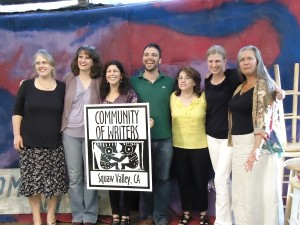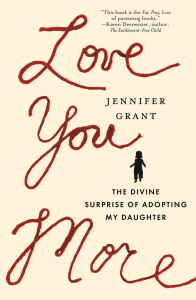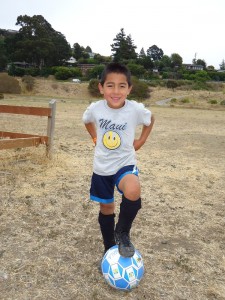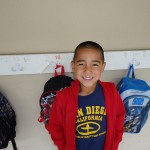A few months ago, I wrote a blog post about an experience I had while in Mateo’s kindergarten classroom. The post resonated for many readers, who encouraged me to expand the short blog into a longer essay and submit it for publication. I did, and am delighted that Adoptive Families magazine accepted the piece. Click here to read Mateo’s Family Tree in the September issue.
The essay speaks to my belief that many children who are adopted need and crave information about themselves and their beginnings. And not only children. Adults do, too.
Here are the first three paragraphs, which I hope will entice you to read the whole thing:
Most days, my six-year-old son, Mateo, takes the bus to his suburban California kindergarten, but sometimes we drive, so we can read together in the classroom before school begins. I’ll chat with the other mothers on the playground as we watch our kids jump and run, their bodies radiating energy and happiness.
In a sea of mostly blond heads and peach arms and legs, Mateo’s black hair and light brown Latino skin stand out. I’m white, and so is my husband, but in our home, the contrast in color doesn’t seem so pronounced. It’s out here in the world, at school, even in diverse California, that Mateo and his sister say they often feel different.
On a recent morning, the excitement among the children was especially high. The teacher’s oldest daughter was pregnant, due to deliver any minute. I knew this because all week Mateo had been telling me, “Mrs. Spindler is about to become a grandma!” Our conversations on the subject provided me the opportunity to review the details of his family tree: He was born in another mommy’s tummy, in Guatemala, and my husband and I adopted him when he was six months old. And, according to the social worker’s report we received with his adoption file, Mateo’s birthmother lives with his biological grandma in a town three hours east of Guatemala City. But even that information is suspect. A few months ago, I hired a Guatemalan searcher to find Mateo’s birthmom. The lady who answered the door when the searcher knocked said no one lived there who had that name.



 ShareThis
ShareThis




